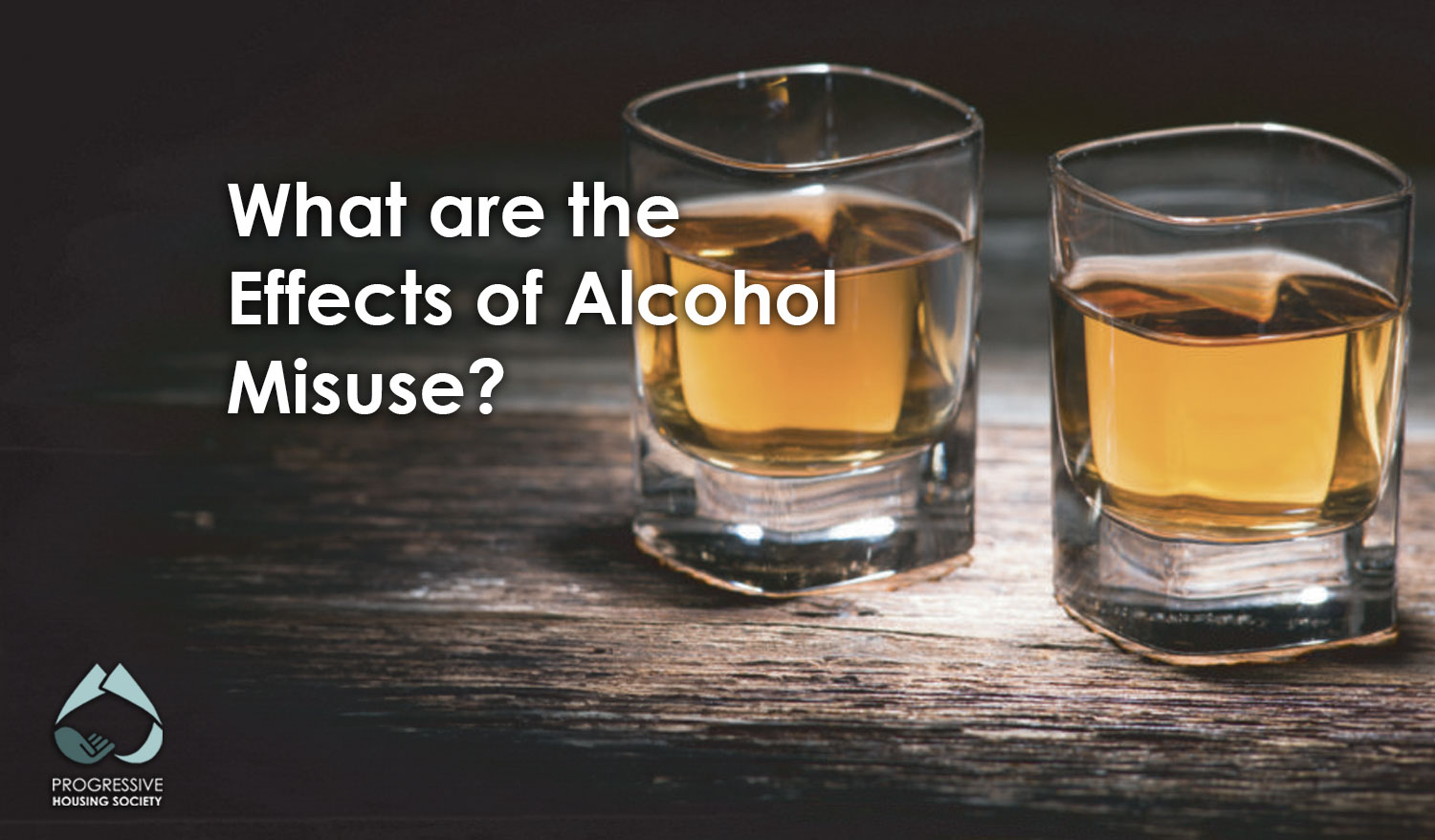What are the Effects of Alcohol Misuse?
-
by
 PHS
PHS
Have you been struggling with alcohol misuse for a long time? How do you feel it has changed your health?
According to Statistics Canada (2017), 19.0% of Canadian aged 12 years and over (around 5.8 million people) reported alcohol consumption that as heavy drinking in 2017. The data has been stable between 2015 to 2018. People decide to drink have many different reasons, but some people do not realize how much portion of alcohol intake and control the amount of alcohol.
Small amount of alcohol can provide some health benefits or relief your stress. If people are drinking excessively, it will impact on their health. Alcohol is a depressant drug. It has an impact on your brain, blood pressure, and can slow down the body’s central nervous system (Government of Canada, 2019). All of these things can also impact a person’s mental health and state of wellbeing. Whether someone consider themselves a social drinker or has been diagnosed with AUD, excessive drinking can allow people to experience short- and long-term physical and mental effects (Monico, 2019).
Short-Term Effects of Alcohol Misuse
Although a person may not drink alcohol often, they can still suffer short-term physical or mental effects. A healthy person can metabolize about one standard drink of alcohol per hour (Monico, 2019). However, we cannot say this is a standard to everyone because of a number of other factors. Everything including the individual’s age, weight, liver function, gender, and stomach content can change how the body responds to the consumption of alcohol. Also, the amount of alcohol that people consume will affect your blood alcohol concentration (BAC). If BAC reaches high levels, blackout, passing out and death can occur (National Institute on Alcohol Abuse and Alcoholism, 2019).
People can experience some or all of the following short-term effects of alcohol:
- Slow reaction times
- Poor memory
- Loss of thinking and concentrating
- Slurred speech
- Vomiting
- Raised blood pressure
- Mood swings
- Blackouts

Furthermore, the negative short-term effects of alcohol also can increase the risk of being injured from car accidents, experiencing acts of violence, and engaging in unprotected sex (National Institute on Alcohol Abuse and Alcoholism, 2019). Even though if a person stops drinking, the short-term effects can continue to impact a person’s health. The short-term effect depends on how much is taken, how quick is consumed, and individual physical body.
Alcohol Misuse Long-Term Effects
Containing too much alcohol in your blood can cause many big issues to your body and brain.
“In 2016, of all deaths attributes to alcohol consumption worldwide, 28.7% were due to injuries, 21.3% because of digestive diseases, 19% due to cardiovascular diseases, 12.9% due to infectious diseases and 12.6% due to cancers” (World health organization, 2018)
Long-term alcohol misuses can have a variety of bad side effects, including:
- Cardiomyopathy: a shortness of breath that reduces blood flow to the body caused by the heart increases in size and loses its ability to contract (Better Health Channel, 2012)
- Increased blood pressure/risk of stroke: heavy alcohol consumption can increase blood pressure. If the blood pressure reaches to the hypertension levels, it may lead to serious health problems, such as heart stroke, heart failure, heart attack (Better Health Channel, 2012).
- Brain damage: heavy consumption of alcohol over a period of time can actually change the structure of the brain. These changes can impact a person’s ability to learn and make decisions. It can also impact cognitive function, mood, or behavior (Better Health Channel, 2012).
- Liver damage: too much alcohol can impair liver function and prevent it from producing the substances that allows the blood to clot (Stroke Association, 2014). It can also cause cell death, liver inflammation, and a buildup of fatty deposits that result in cirrhosis or hepatitis (Better Health Channel, 2012).
Reducing the Risks is Key to Protecting Your Health
Excessive drinking can come with an unexpected price tag. The more people drink, the greater damage will be to their body and health. However, you can limit amount of your daily drink, which is no more than two standard drinks to reduce the risk of developing any potential side effects of alcohol. Sometimes this can be easier said than done. If you or someone you know struggles with alcohol, don’t be afraid to reach out for help.
Some resources include:
At Progressive Housing Society, we strive to support people with their mental health. Our clients are often working through a number of complex challenges. You can make a difference in the support offered by donating today. Every $1 raised goes to providing care to those in need.
References:
Better Health Channel. (2012). Long Term Effects: The Body. Retrieved from http://mapi.betterhealth.vic.gov.au/saywhen/know-the-facts/consequences-of-drinking-long-term-effects-the-body
Evert, D., & Oscar-Berman, M. (1995). Alcohol-Related Cognitive Impairments: An Overview of How Alcoholism May Affect the Workings of the Brain. Alcohol Health and Research World, 19(2), 89.
Monico, N. (2019). Effects of Alcohol. Retrieved from https://www.alcohol.org/effects/
National Institute on Alcohol Abuse and Alcoholism (2019). Understanding the Dangers of Alcohol Overdose.
Statistic Canada (2017). Heavy Drinking, 2016. Retrieved from https://www150.statcan.gc.ca/n1/pub/82-625-x/2017001/article/54861-eng.htm
Stroke Association. (2014). Alcohol and Stroke. Retrieved from https://www.stroke.org.uk/sites/default/files/alcohol_and_stroke.pdf
World Health Organization (2018). Global Status Report on Alcohol and Health
Forrest, E., & Reed, E. (2011). Alcohol and the liver. Medicine, 39(9), 532-535.


